Boutique coffee godmother-Erna. Knudsen changed an industry by himself.
Boutique coffee
Specialty Coffee
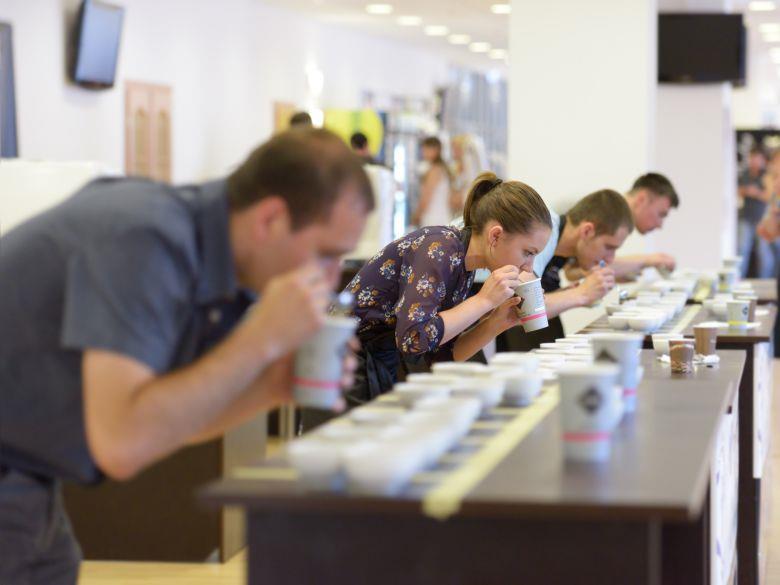
Boutique coffee was originally defined as "coffee beans with unique flavor produced by special geographical conditions and microclimate". It was not until 2009 that the American Fine Coffee Association set a more scientific objective standard for boutique coffee.
Boutique coffee (specialty coffee)
Boutique coffee, also known as fine coffee, gourmet coffee or high-priced premium coffee, usually refers to Arabica coffee and a very small number of robusta coffee, because it grows from a unique soil climate and tends to form a special aroma and taste.
The opposite of boutique coffee is the commercial coffee (commercial coffee) which attaches importance to marketing rather than quality. This definition only refers to the part of raw beans, and other items such as post-processing, preservation, baking, grinding, cooking and blending are not related.
The term "boutique coffee" was coined in 1974 by Erna Knutsen, who defined boutique coffee as "coffee beans with unique flavor produced by special geographical conditions and microclimate" (Special geographic microclimates produce beans with unique flavor profiles).
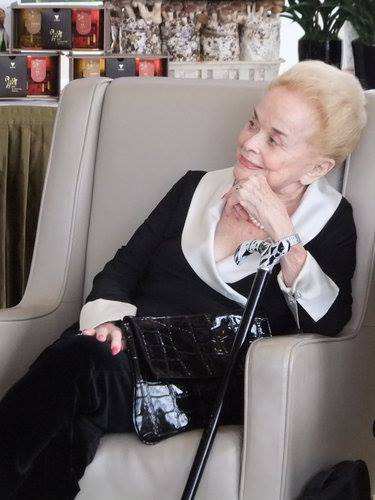
In 1991, the American Fine Coffee Association (SCAA) awarded its first Lifetime Achievement Award to Erna Knutsen, who is regarded by the international coffee community as the godmother of fine coffee.
The so-called "micro climates" is a common word in the wine world, or local climate, micrometeorology or local climate and so on. Whether it is a vineyard or coffee garden, the climate within a limited range will affect growth, producing finished products with small gaps, such as latitude, nearshore, near lakes or rivers, direction or inclination of the garden, whether it is right on the path of the forest wind, temperature difference between day and night, rainfall and sunshine, such as this subtle difference in the natural environment, will affect the unique flavor given by the land.
According to Erna Knudsen's observation, not all coffee has the same flavor, and the coffee that is different and has a good flavor is fine coffee. Strictly speaking, there was no clear definition of fine coffee at that time, until 2009, when the American Fine Coffee Association set a condition for raw coffee beans, that is, the cup test score should not be less than 80 points. only then did we set a more scientific and objective standard for fine coffee.
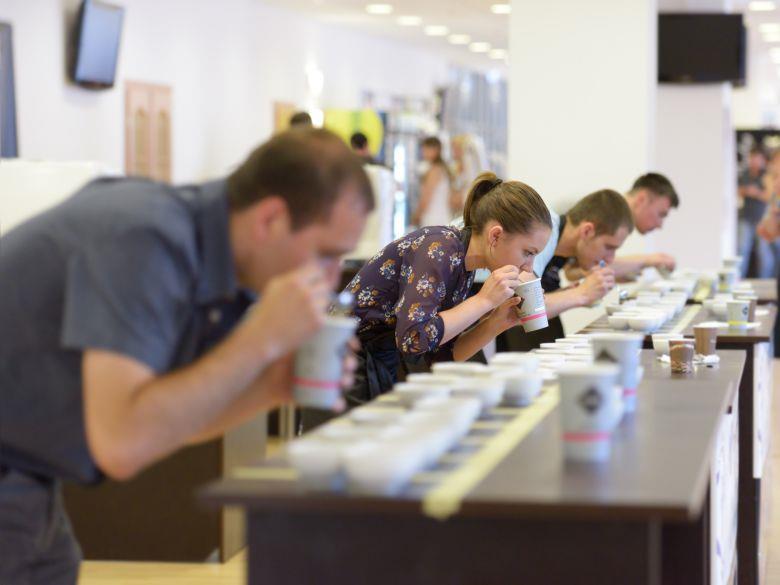
Although some highly rated coffee beans can be sold at a beautiful price, coffee that has not been tested by a coffee quality appraiser (Q-grader) cup can only be called high-end coffee, not fine coffee.
Another condition of boutique coffee is the traceability of the production resume, that is, it can be traced back to where the beans are, where the manor is, and there is no room for cheating.
The rise of boutique coffee
Erna Knustsen, one of the founders of the American Fine Coffee Association (SCAA) with the most credibility in coffee quality appraisal in the world, is known as the godmother of coffee. In fact, she only came into contact with coffee in her 40s and put forward the concept of fine coffee in the 1974 Coffee and Tea magazine in order to separate the commercial coffee (commercial coffee) market and promote high quality coffee. It is emphasized that coffee has a unique flavor in different places.
Before that, although the United States was the largest consumer in the world, the market at that time was almost dominated by commercial coffee with poor flavor, because of her efforts with willing people, only then did some of the better quality coffee crops in the world begin to develop in a more economic direction, with sufficient resources to develop better planting and treatment conditions, and then led to the global fine coffee revolution.
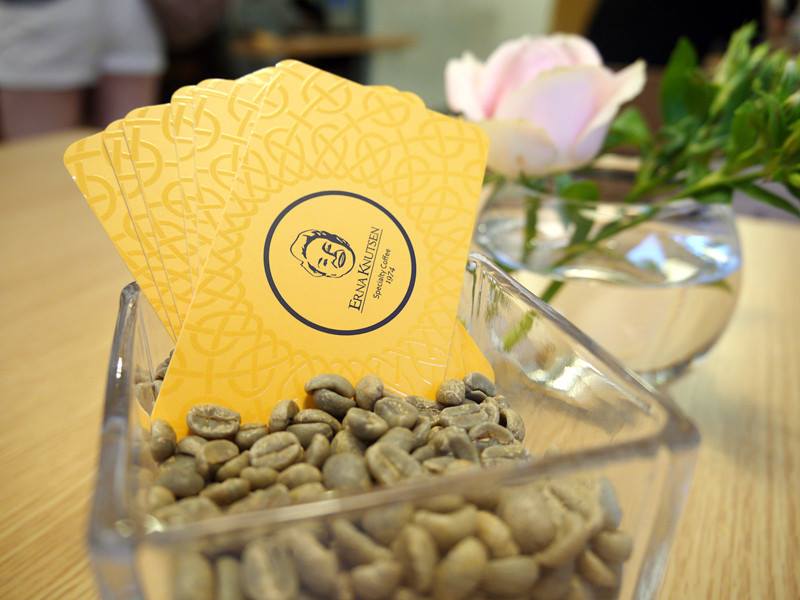
Erna Knudsen founded the Knudsen Coffee Company (Knustsen coffee Ltd.) in 1986 in Sacramento, California.
Erna Nusen (Erna Knutsen) and boutique coffee
Born in the Arctic Circle in Norway, Erna Knutsen came to New York with her mother and sisters across the Atlantic at the age of five. In Norway, my mother would bake her own beans in the fireplace. At four o'clock every morning, the little Erna heard her mother grind the coffee carefully. It was also because of the aroma of these fresh coffee beans that she was inextricably bound to her. She didn't really come into contact with coffee until she was in her 40s, first as an executive secretary at a coffee company in San Francisco. At that time, she began to have a strong interest in all kinds of imported coffee from different places, and those excellent quality coffee also prompted her to create boutique coffee. She spent several years educating beginners new to coffee roasting to develop their awareness and understanding of the quality of coffee. Of course, she hopes to do her best in the quality and integrity of every cup of boutique coffee.
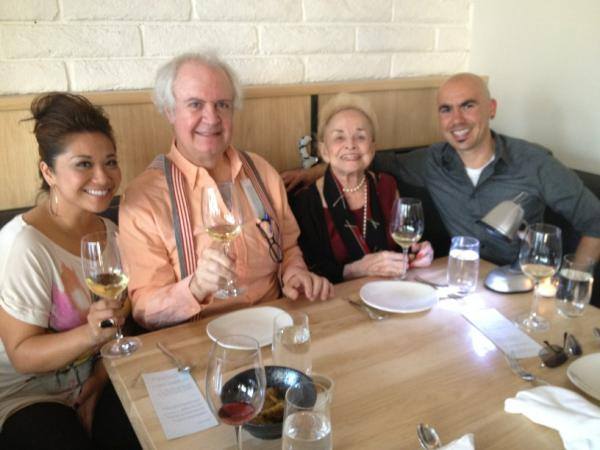
Over the next few years, due to her dedication to the quality of coffee and her best efforts to find more good coffee around the world, she has visited many coffee producing countries and established lasting and stable trust relationships with coffee growers and producers. she does not hesitate to share her practical skills and various experiences accumulated in coffee to improve the quality and problems of coffee production, her enthusiasm for coffee won many honors It has a very high position in the boutique coffee market.
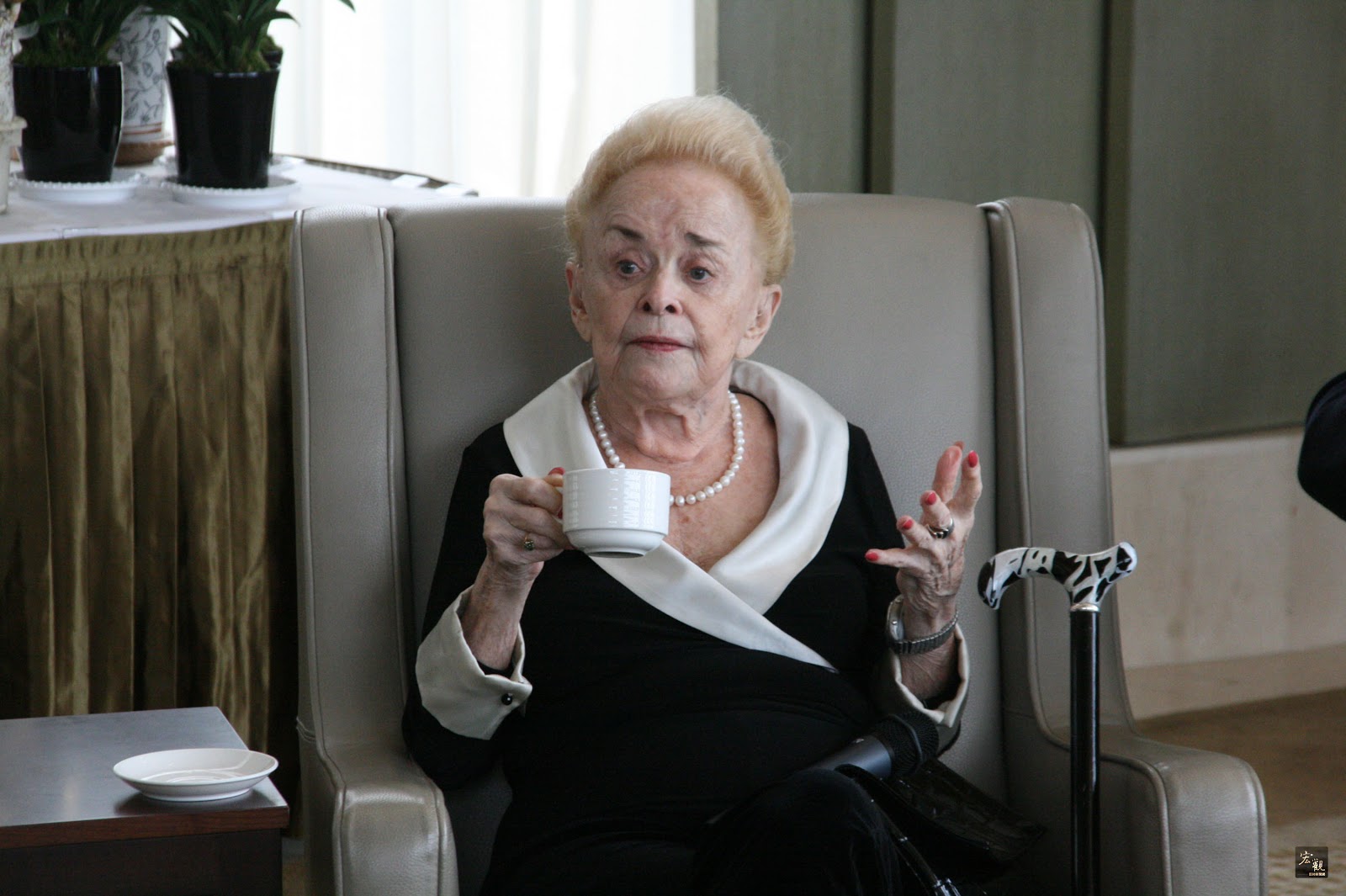
In 1982, she became one of the original members and organizers of the American Fine Coffee Association, served on the board of directors for the second time, served on the board of directors of the Pacific Coast Coffee Association, and was the only woman invited to the "International Coffee Seminar". She is a member of the American Fine Coffee Association-International Relations Committee, and continues her spirit to educate coffee roasters, coffee retailers, and to increase public love for fine coffee. In 2000, she won the Lifetime contribution Award, the first ever award of the American Fine Coffee Association, which not only recognized her, but also proved her contribution to the coffee industry in her life.
Important Notice :
前街咖啡 FrontStreet Coffee has moved to new addredd:
FrontStreet Coffee Address: 315,Donghua East Road,GuangZhou
Tel:020 38364473
- Prev

The correct posture for drinking coffee: taste it slowly from hot to cold
Professional barista communication please pay attention to the coffee workshop (Wechat official account cafe_style) coffee how to drink the right taste? In the eyes of coffee lovers, good coffee from hot to cold, with the temperature change will emit a different smell, can also taste different mellow, so a good cup of coffee to drink slowly in order to drink its rich sense of hierarchy. Generally speaking, have a cup of coffee in a cafe
- Next

Coffee and sugar | so much sugar, do you know how to use it together?
Communication of professional baristas Please follow the coffee workshop (official Wechat account cafe_style) to add sugar to the coffee and add some sweetness to remove the sour and bitter taste, which is what many people like to do. Fall in love with the aroma of coffee, but afraid of its bitterness, so it needs a little synthesis. Generally speaking, the sugar added to coffee is divided into granulated sugar and fructose, hot coffee with granulated sugar because it is easy to melt, iced coffee
Related
- Beginners will see the "Coffee pull flower" guide!
- What is the difference between ice blog purified milk and ordinary milk coffee?
- Why is the Philippines the largest producer of crops in Liberia?
- For coffee extraction, should the fine powder be retained?
- How does extracted espresso fill pressed powder? How much strength does it take to press the powder?
- How to make jasmine cold extract coffee? Is the jasmine + latte good?
- Will this little toy really make the coffee taste better? How does Lily Drip affect coffee extraction?
- Will the action of slapping the filter cup also affect coffee extraction?
- What's the difference between powder-to-water ratio and powder-to-liquid ratio?
- What is the Ethiopian local species? What does it have to do with Heirloom native species?

